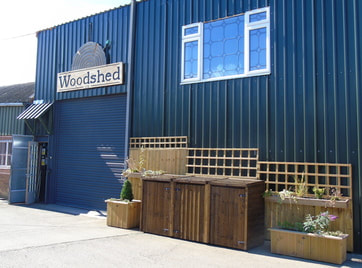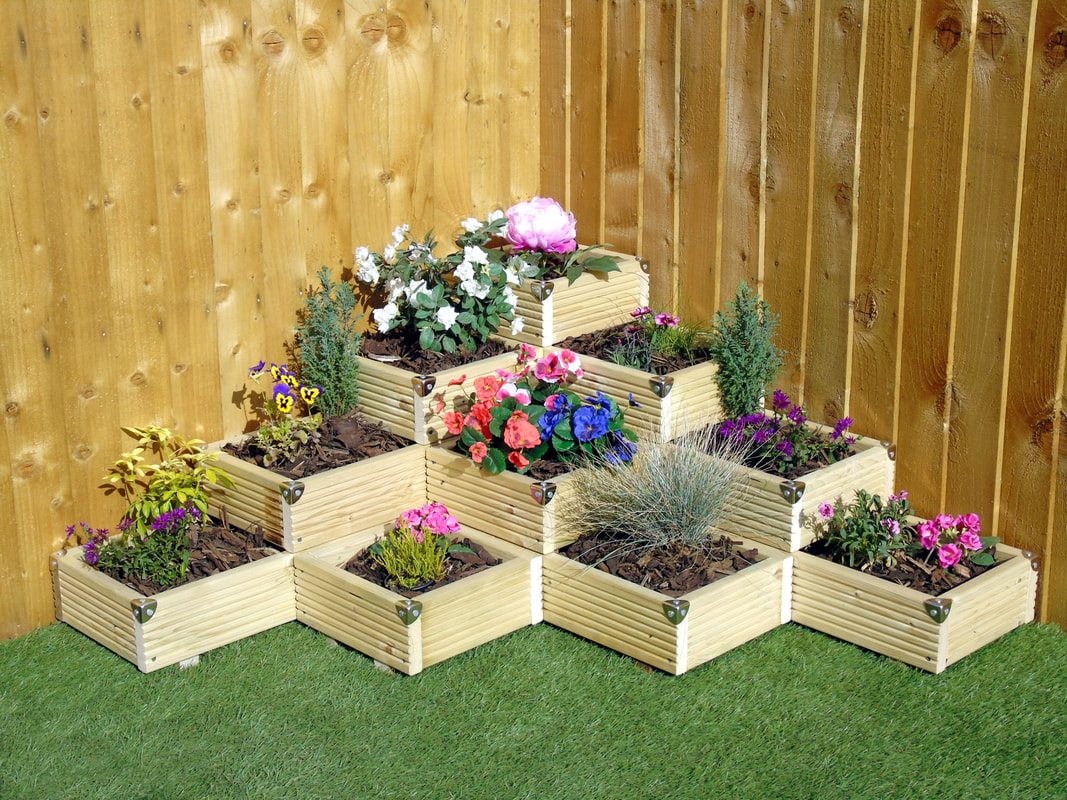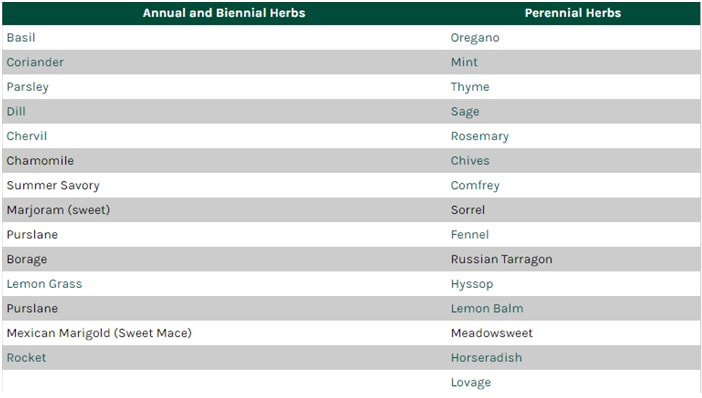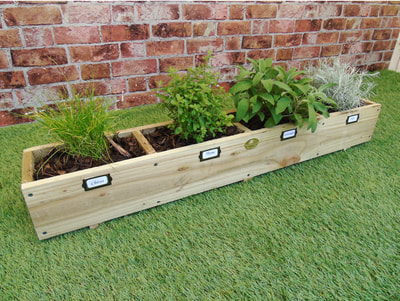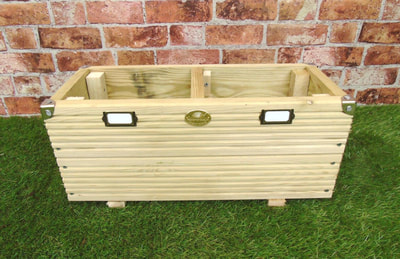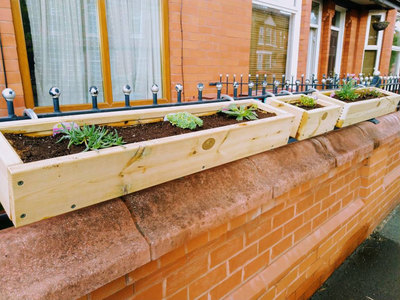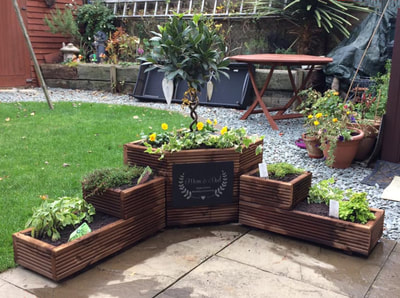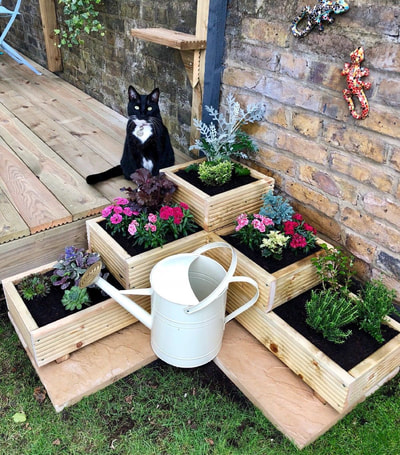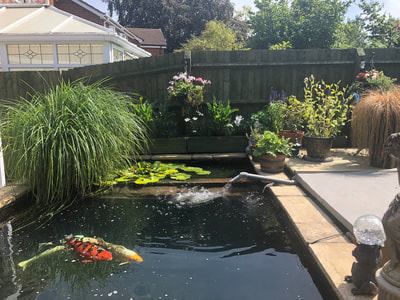1) Woodshed Ltd
0 Comments
Give your insects and birds a helping hand in the scorching weather. If you treat your bees to a refreshing drink then they will help you by pollinating your plants. A good way to help the insects in your garden is to have a shallow pool of water with some small rocks inside for them to sit on. Image Source: @seed_ball
Annual or Perennial?
When creating a herb garden or deciding which herbs to grow in containers, it's worth knowing whether your chosen herb is annual, biennial or perennial. Annual and biennial herbs such as Basil, Coriander, Parsley, Dill and Chervil are fast growing and may need to be sown at intervals throughout spring and summer to ensure you have a continuous fresh supply. Perennial herbs such as Oregano, Mint, Thyme, Sage, Rosemary and Chives are slower growing and will require a more permanent home. Before you buy any plants, check your soil type: is it light and sandy, or heavy and clay? Many plants thrive better in one type than the other. If you’re not sure, take a look at what plants are growing in your neighbour’s garden.
This top tip is sourced from The Telegraph. |
Archives
January 2024
Categories
All
Garden PlantersFencing Supplies |
|
© 2020 Woodshed Ltd. All Rights Reserved.
|
ContactTel: 01296 720948 Email: [email protected]
|
|



